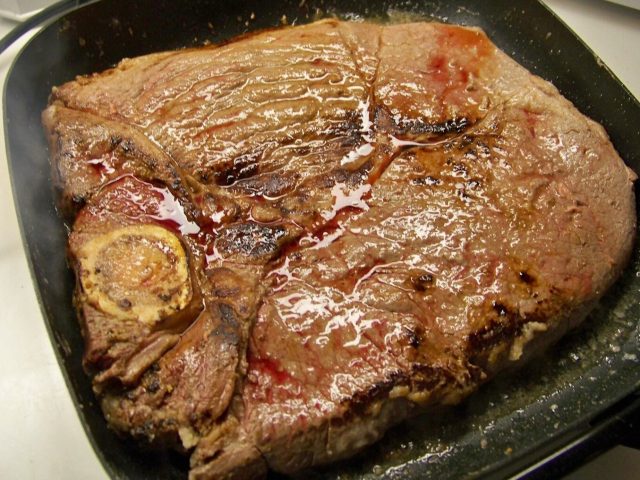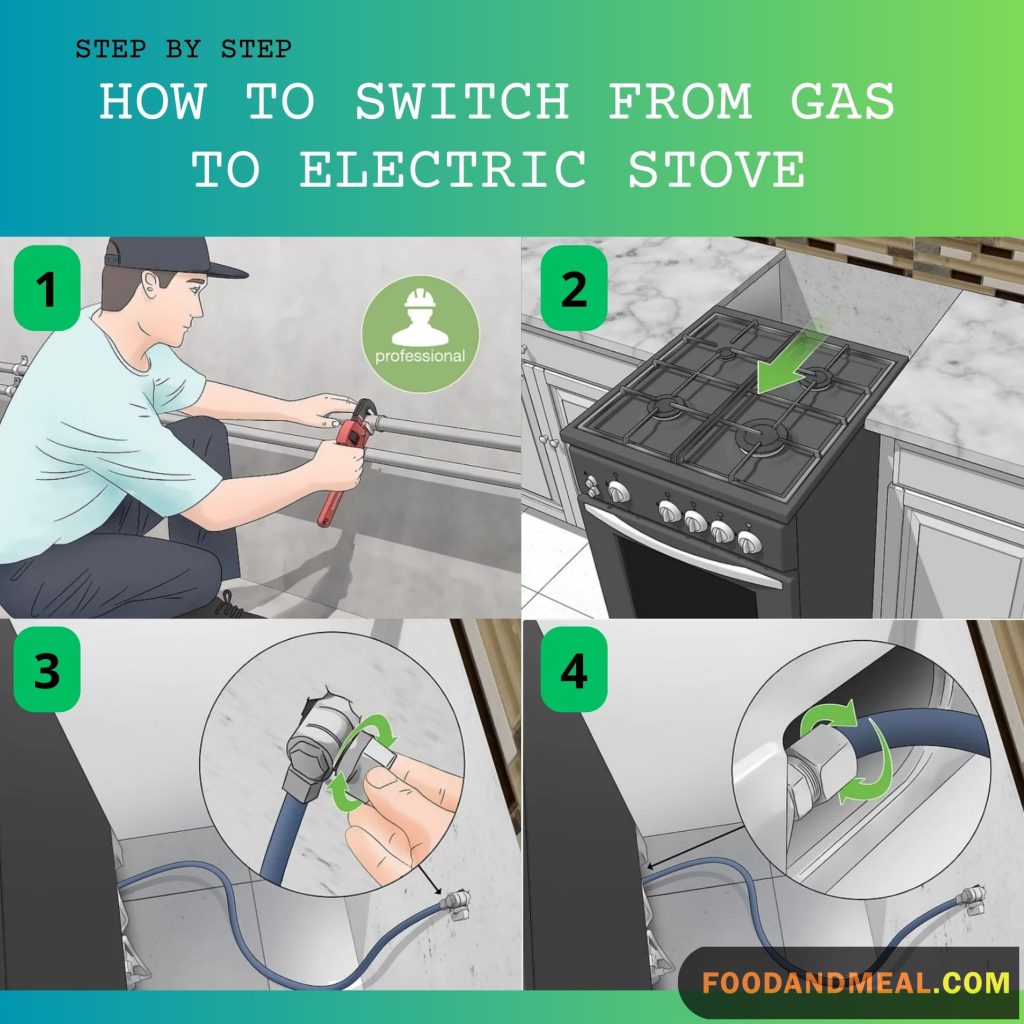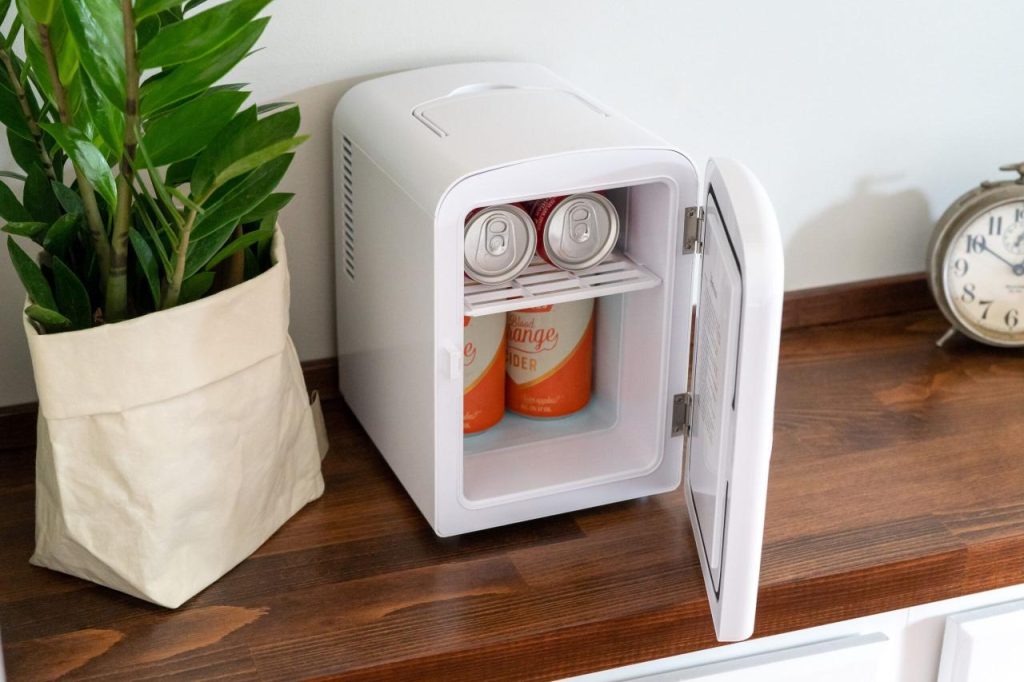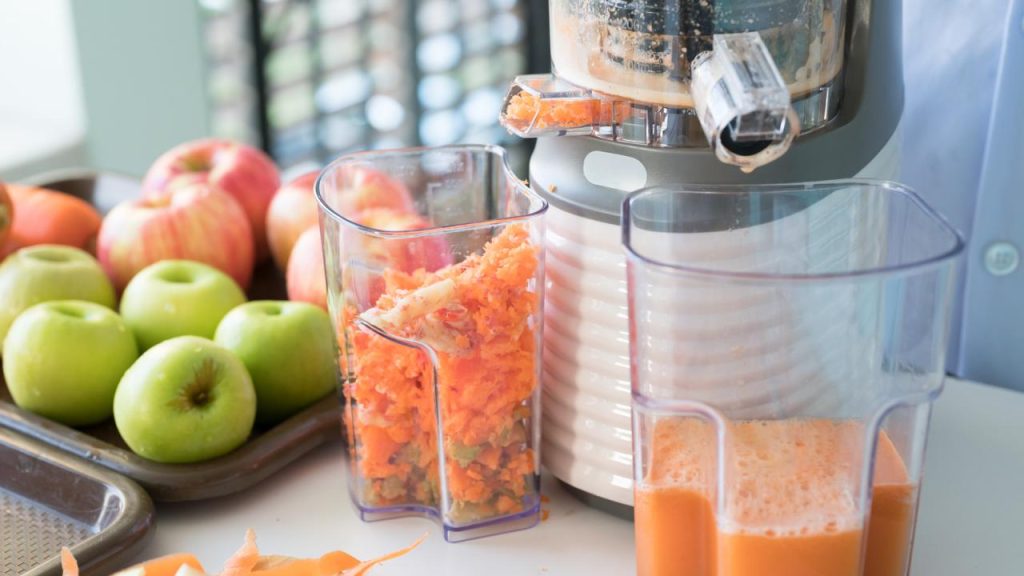The discussion surrounding energy efficiency and cost-effectiveness in daily tasks is gaining prominence. One common question in this context revolves around the use of a kettle for washing up and whether it is more economical to boil water using this appliance.
Is it more cost-effective to boil water in a kettle for washing up? To address this inquiry, Cook Eat Delicious needs to examine various factors, such as the energy consumption of a kettle, the electricity cost, the quantity of water needed for washing up, and alternative methods of water heating. By evaluating these elements, a comprehensive understanding of the economic and energy-efficient aspects of boiling water in a kettle for washing up can be obtained.
Energy Consumption of a Kettle
Alternative Methods of Water Heating
In addition to understanding the cost of using a kettle, it’s crucial to consider alternative methods of water heating. For washing up, one common alternative is using hot water from a faucet connected to a water heater.
Water heaters, often powered by electricity, gas, or other sources, provide a continuous supply of hot water. While there is an initial cost associated with water heater installation and maintenance, they are designed for efficiency and can be cost-effective over the long term.

Comparing Costs
To assess whether it’s cheaper to boil water in a kettle or rely on hot water from a heater for washing up, one must compare the energy costs of both methods. Factors to consider include the frequency of water heating, the volume of water used, and the efficiency of the water heater.
For occasional use and smaller quantities of water, a kettle may be cost-effective due to its shorter operational time. However, for larger volumes and frequent use, a water heater connected to a faucet might offer better efficiency and convenience.
Ultimately, the choice between using a kettle or a water heater for washing up depends on individual preferences, habits, and the scale of water heating needs. The comparison allows users to make an informed decision based on both cost-effectiveness and energy efficiency.
Comparison with Other Methods of Heating Water
Environmental Considerations
While assessing the cost-effectiveness of boiling a kettle for washing up, it’s also essential to consider environmental factors. Different methods of water heating have varying environmental impacts, considering factors such as energy source and efficiency.
Electric kettles, for example, are generally more energy-efficient than stovetops, leading to lower carbon emissions. Water heaters, depending on their energy source, can have different environmental footprints. Gas-powered water heaters, for instance, may produce fewer emissions compared to electric water heaters in regions where the electricity grid relies heavily on fossil fuels.
Additionally, energy-efficient appliances, such as Energy Star-rated electric kettles or water heaters, can contribute to reducing environmental impact.

Balancing Cost, Convenience, and Environmental Impact
Ultimately, the choice between boiling a kettle, using a stovetop, or relying on a water heater for washing up involves finding a balance between cost, convenience, and environmental impact. Individuals may prioritize different factors based on their values, daily habits, and the scale of water heating needs.
While a kettle may be more cost-effective for smaller quantities of water, water heaters might offer efficiency for larger volumes. Considering the broader environmental impact can guide users toward more sustainable choices in their daily activities.
Is it cheaper to boil kettle for washing up?
The operation of an electric kettle takes approximately 10 minutes to boil water, consuming about 0.25 kWh of electricity. At an average electricity rate of 13 cents/kWh, this results in a cost of around 2 cents per use.
In contrast, alternative methods like using a stovetop or a hot water heater are less efficient, especially when heating small volumes of water, as they demand more energy for the heating and transportation of the water.
The design of a kettle, tailored for the rapid boiling of water, allows it to perform this task more efficiently than a stovetop.
Considering the typical scenario of requiring a small amount of hot water for dishwashing, boiling a kettle emerges as the more economical choice compared to alternative methods. However, for scenarios involving larger volumes, a hot water heater may become a more cost-effective option. Nevertheless, for most day-to-day dishwashing needs, the kettle stands out as the most energy-efficient and cost-effective choice.
In conclusion, the cost-effectiveness of boiling a kettle for washing up is contingent on various factors such as the local electricity cost, required water volume, and available alternative methods. For modest water volumes, the kettle typically represents the most economical and energy-efficient option. Conversely, for larger volumes, a hot water heater might become a more economically viable choice.







